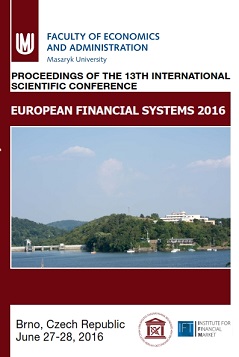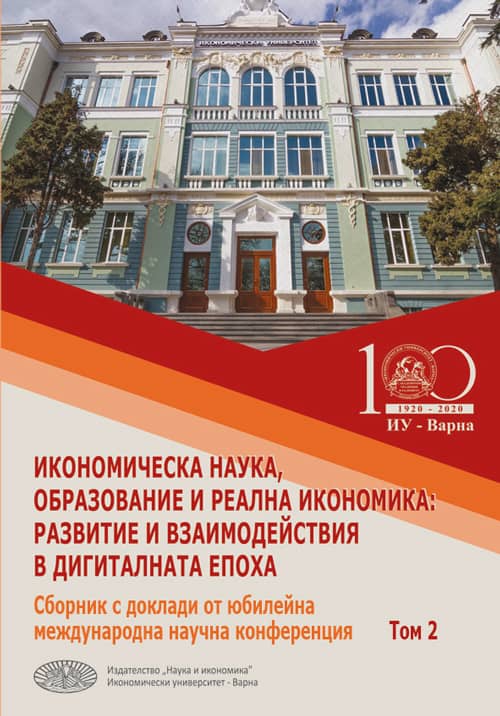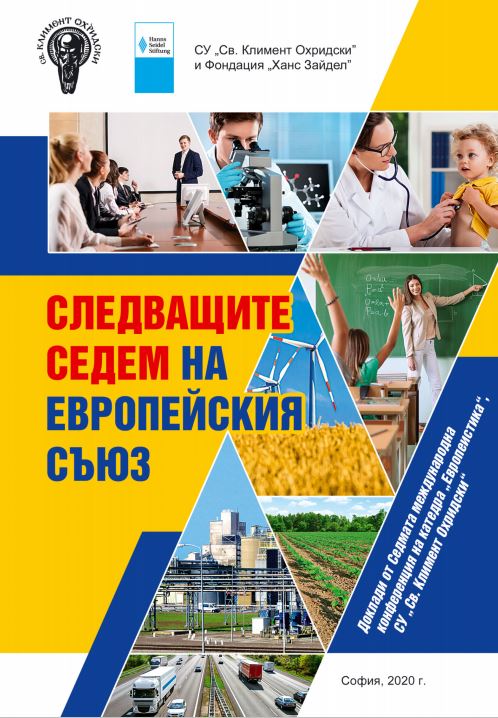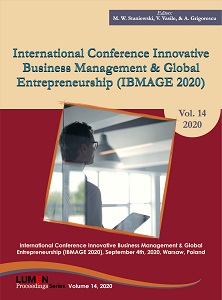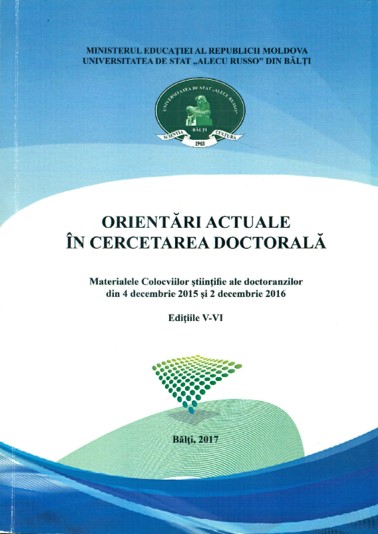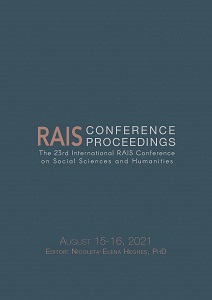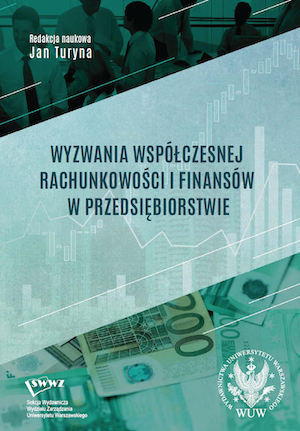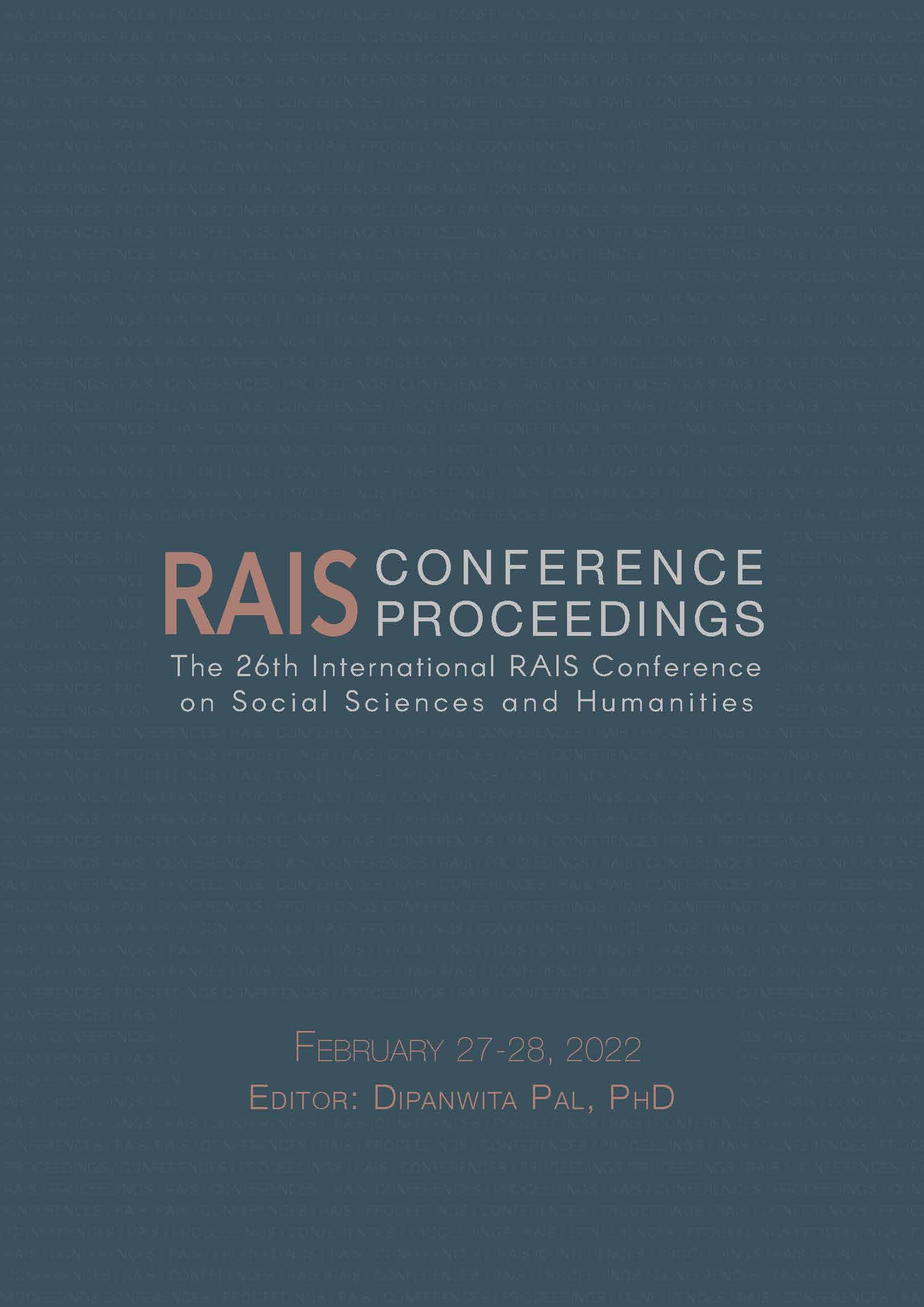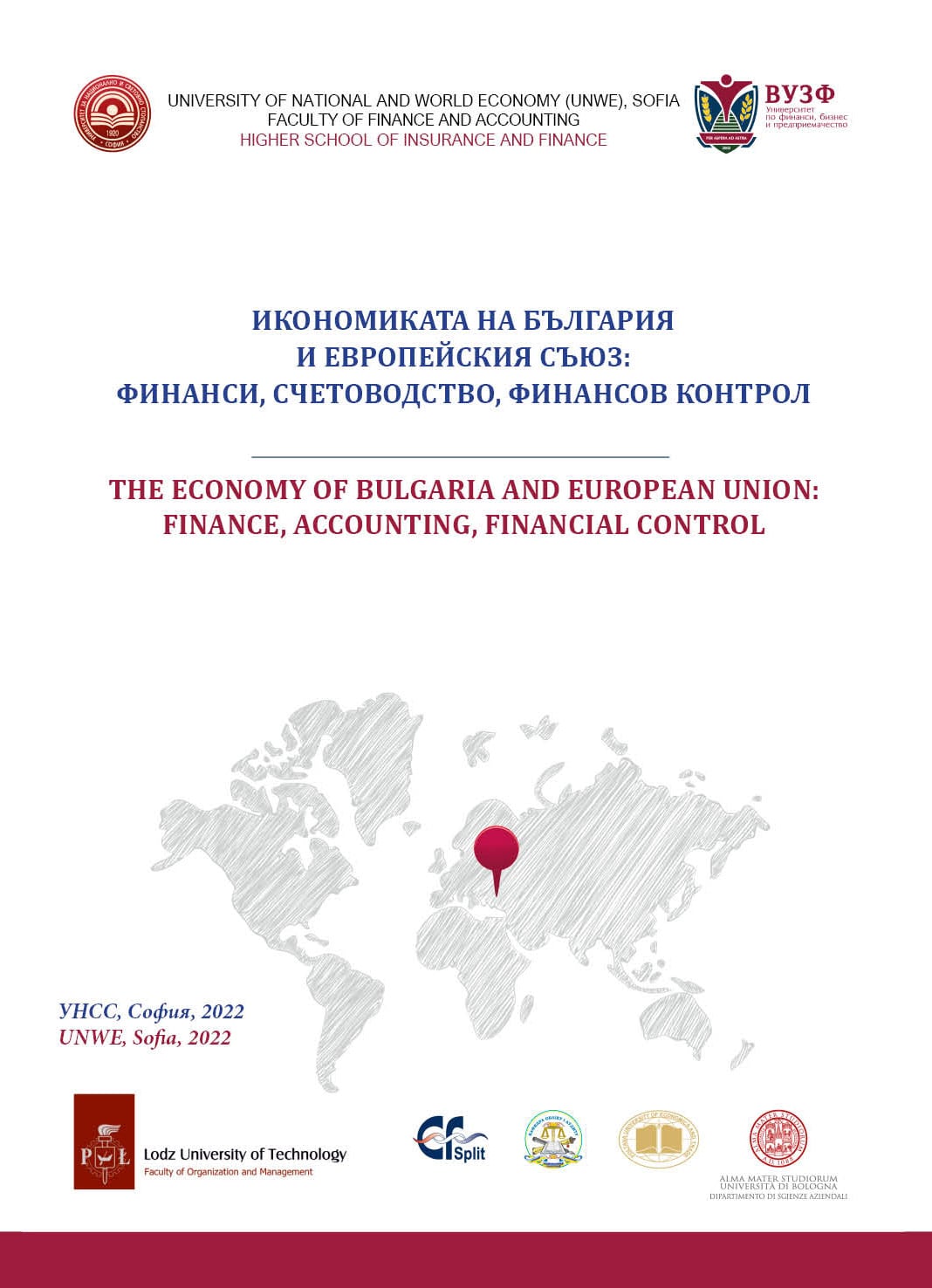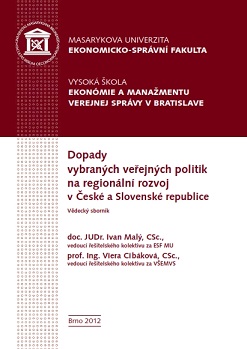
O poisťovaní v regióne
The subject of this paper deals with a particular insurance in the selected region. The first part is dedicated to the theoretical interpretation of the basic concepts in insurance, specific insurance products to the specifications used in the region. Second part details the specific types of insurance for individual assets selected entity and efficient use of non-life insurance.
More...
